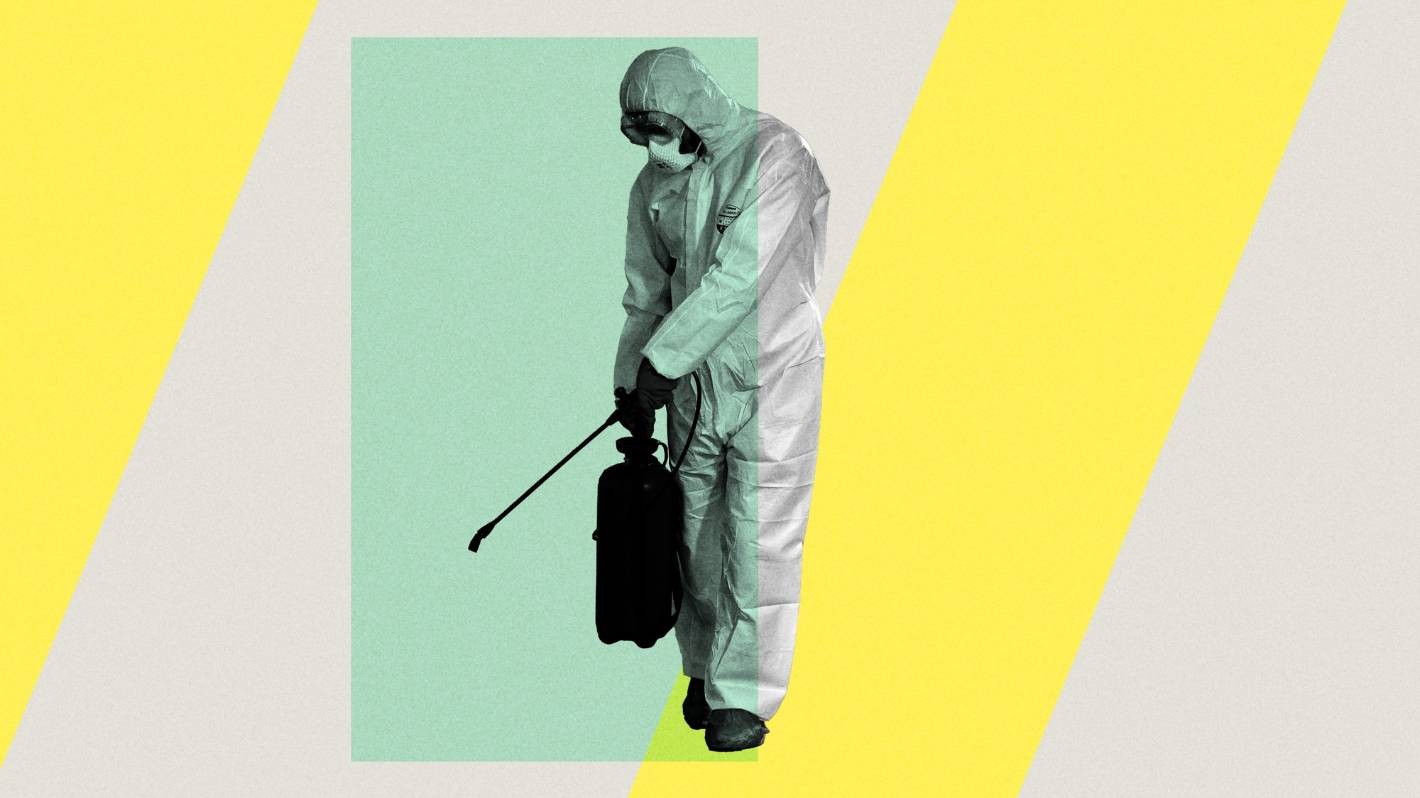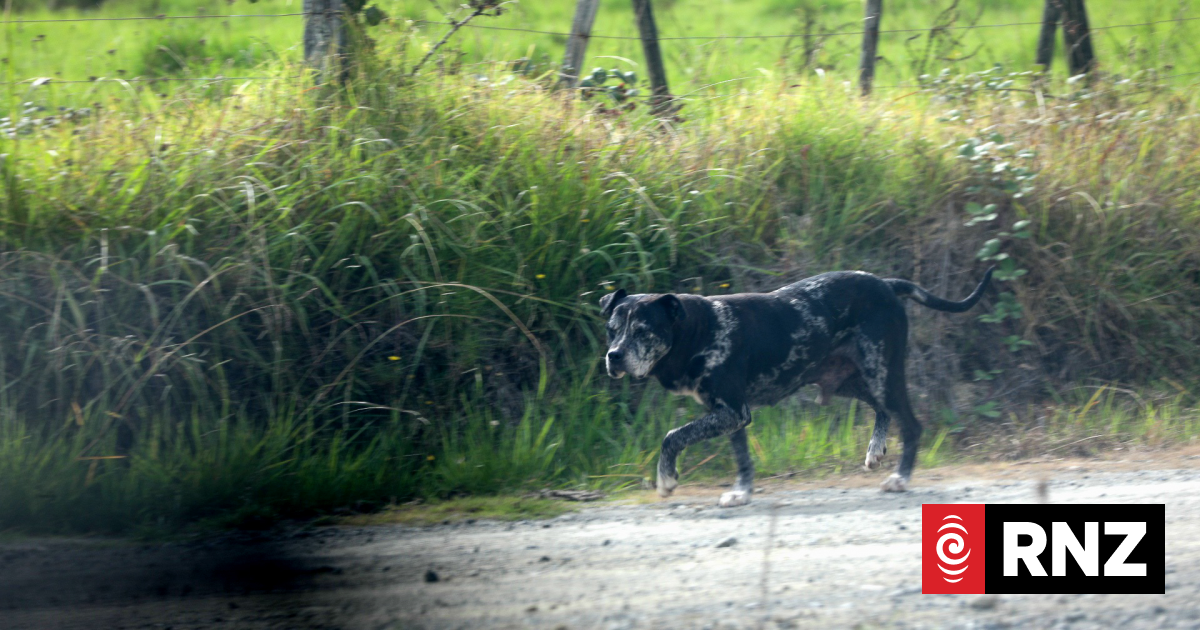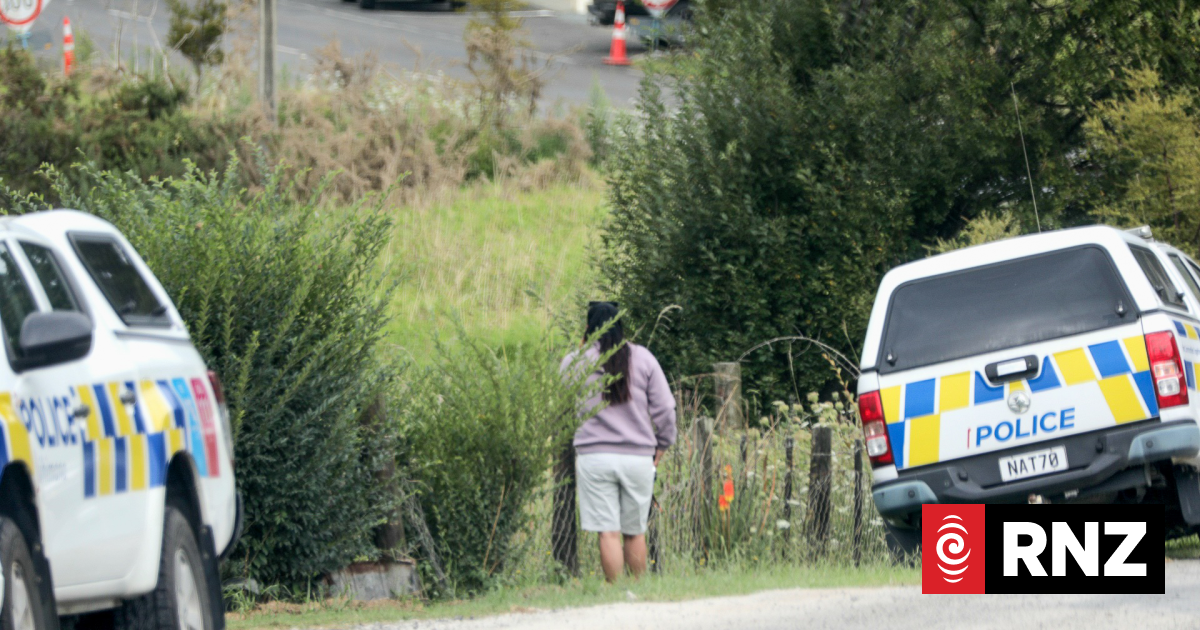Hospitals at both ends of the country continue to restrict visitors as they grapple with rising Covid-19 infections.
One ED doctor says the cases should remind everyone to be vigilant about mask use, getting vaccine boosters and having good ventilation.
In Northland, ward 1 at Whangārei Hospital and the general ward at Dargaville Hospital remain closed to all visitors, due to an increase in patients testing positive for the virus.
Patients on Whangārei’s ward 1, an orthopaedic ward, have already been without visitors for a week, with the measures in place since last Thursday.
READ MORE:
* Covid-19: Northland and Canterbury restrict hospital visitors as infections rise
* Covid-19 NZ: What’s going on with the current Omicron wave?
* No mask, no visit, no exemptions – new policy at Canterbury hospitals as Covid and flu pressures continue
The infection may have been brought in by asymptomatic visitors or staff.
Dargaville’s general ward has been closed to visitors since Tuesday, and the visitor policy for both wards will be reviewed again on Monday, July 25.
Sungmi Kim/Stuff
A rise in Covid-19 infections has meant two wards in Northland and Southland Hospital are now closed to visitors. (File photo)
At the bottom of the country, visitors to all inpatient wards at Southland Hospital have been stopped since last Thursday.
Visiting is allowed only on compassionate grounds until further notice, with the restrictions being regularly reviewed, a Te Whatu Ora – Southern spokesperson said.
“This is due to Covid-19 exposure events and hospital capacity, as well as a significant increase in Covid-19 cases in the Southern region.”
The hospital has 15 patients with Covid-19, although none require ventilation or intensive care.
Canterbury hospitals have also introduced stricter rules for visitors, including compulsory mask wearing, with no exemptions allowed.
The rules come as there were 759 people in hospital with Covid-19 on Friday, including 13 in intensive care or high dependency units.
Whangārei Hospital emergency doctor Dr Gary Payinda said the hospitalisations be a reminder, or a wake-up call for some, about the ongoing issues with the virus.
Supplied
Emergency doctor Dr Gary Payinda says wearing masks, getting up-to-date with boosters and having good ventilation need to be routine for everyone to reduce hospitalisations from Covid-19. (File photo)
People need to wear masks, get up-to-date with their Covid-19 booster shots and ensure good ventilation in indoor areas like restaurants, checking the ventilation with CO2 monitors, he said.
“My worry is that we [New Zealand] haven’t accepted and made routine the public health measures that are good to keep people safe. We’re still in a level of denial.”
Payinda said up-to-date boosters have been proven in numerous scientific studies to reduce Covid-19 hospitalisations and deaths by 65% to 90%.
However, just 73% of eligible Kiwis over 18 have received one booster, and the number of second boosters administered is not readily available through the Ministry of Health.
Payinda said the past two nights he worked at Whangārei Hospital, Wednesday night and Thursday night, were less busy than the last few weeks, but it was too soon to say it that was random or due to falling Covid numbers.
But he worried about students returning to class on Monday, and advocated good mask wearing and good ventilation to stop classrooms spreading the virus.




